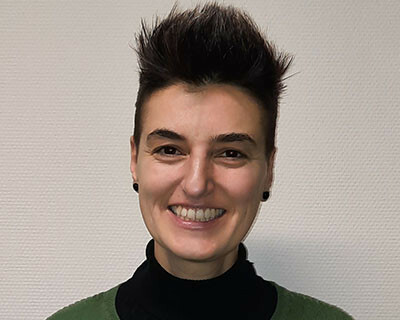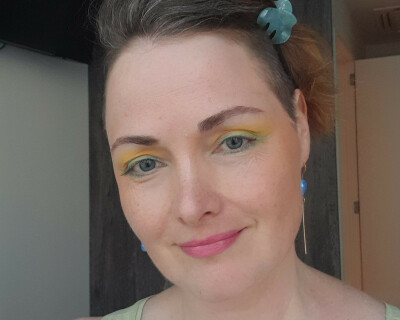My Life


Why My Life?
Mental health is important. The main purpose of My Life is to gain insights into the number of patients that experience a good quality of life. By responding to the needs of each of our patients, we want to further improve our care provision and facilitate referral within the team.
The following video (subtitled EN/NL) will tell you more about the whys and hows of the My Life project.
Why is it important?
We want to monitor the quality of life across our whole patient base. We have data on the number of patients taking medication and the number of patients with an undetectable viral load in their blood. The only thing we still need is data on their quality of life.
The World Health Organization talks about the 90-90-90-90 goals for HIV:
90% of people are tested.
90% of people receive HIV medicines.
90% of people have an undetectable HIV status.
90% of people experience a good quality of life.
We gather information about the actual situations at least once a year. We might also ask to complete the questionnaires when a major life event occurs (e.g., termination or passing of an important person). We currently have around 3.000 people. Everyone who is treated within the Antwerp HRC is welcome to complete the questionnaires.
How do you participate?
You can fill out the questionnaires via the button below. It will take about 15 minutes. You will need a smartphone, computer or tablet. You can fill them out at ITM or at home. If you prefer to fill them out at home, take your flyer home and use the link on it.
Participation is on a voluntary basis. Only your social nurse, therapy counsellor and/or psychologist will be available to discuss your results.
If you have any questions, please contact us:
by e-mail (mylifeteam@itg.be)
by phone (+323 247 66 66)
Questionnaires
WHO–QOL
Short for 'World Health Organization – Quality of Life', these questions are generic and cover different areas of life:
Domain 1 – Physical
For example: To what extent do you feel that physical pain keeps you from doing what you need or want to?Domain 2 – Psychological
For example: How often do you experience negative feelings such as sadness, despair, fear, or depression?Domain 3 – Level of independence
For example: How satisfied are you with your ability to work?Domain 4 – Social Relations
For example: How satisfied are you with your personal relationships?Domain 5 – Environment
For example: How safe do you feel in your daily life?Domain 6 – Spirituality, religion and personal beliefs
There are no right or wrong answers. We want to assess the situation as you're experiencing it. The results are an indication of your personal quality of life.
Health Monitor
This questionnaire assesses the extent to which you accept your health and feel in control of it. We will review the results together (four quadrants) and test the answers:
Is this result in line with your experience? To which extent do you accept HIV and/or (don't) experience control?
What does this result reveal to me as a counsellor? What help am I offering you? Is this what I thought was appropriate? What are the main goals of our conversations and which directions can we aim towards in the future?
Health Monitor gives you the opportunity to discuss the range of care available at ITM and beyond, in cooperation with similar organisations.
There are offers that match your needs in each of the four quadrants. Together, we can explore appropriate care. This can be:
practical help with planning and structure
personalised information
personal coaching
peace of mind by, for example, getting in touch with fellow people
It's possible to discuss your results with a social nurse, therapy counsellor or psychologist.
You're not alone in this
Social nurses
Our social nurses provide emotional and psychosocial care and support. That means that you can approach them to talk about your life with HIV or any insecurities or difficulties associated with the condition. It could be about a new relationship, safe sex, disclosure (who should you tell?), educational or professional contexts, the desire to have children, impact on your faith, etc. You can also contact the social nurses for administrative help such as insurance, financial difficulties and other concerns.
Psychologists
Should you need additional support for psychological problems that require more intensive guidance, an appointment with a psychologist is always possible. These appointments can be scheduled after referral by your social nurse or doctor.
Therapy counsellors
Our therapy counsellors provide basic information about HIV and guide you both prior to and during the beginning stages of medication. If you have any questions or problems regarding your medication, you can always contact them. They will guide you towards possible solutions and offer additional support for any difficulties you may encounter while taking your medication.
Social nurses

Eva Hemelaer

Cora Lamonte

Wenne Mertens

Maureen Aerts
Psychologists
Kim Courjaret

Wim Vanden Berghe
Therapy counsellors

Emmanuelle Cleve

Mireille Massar

Liesbet Mertens
Research themes

HIV
Read moreShare project on